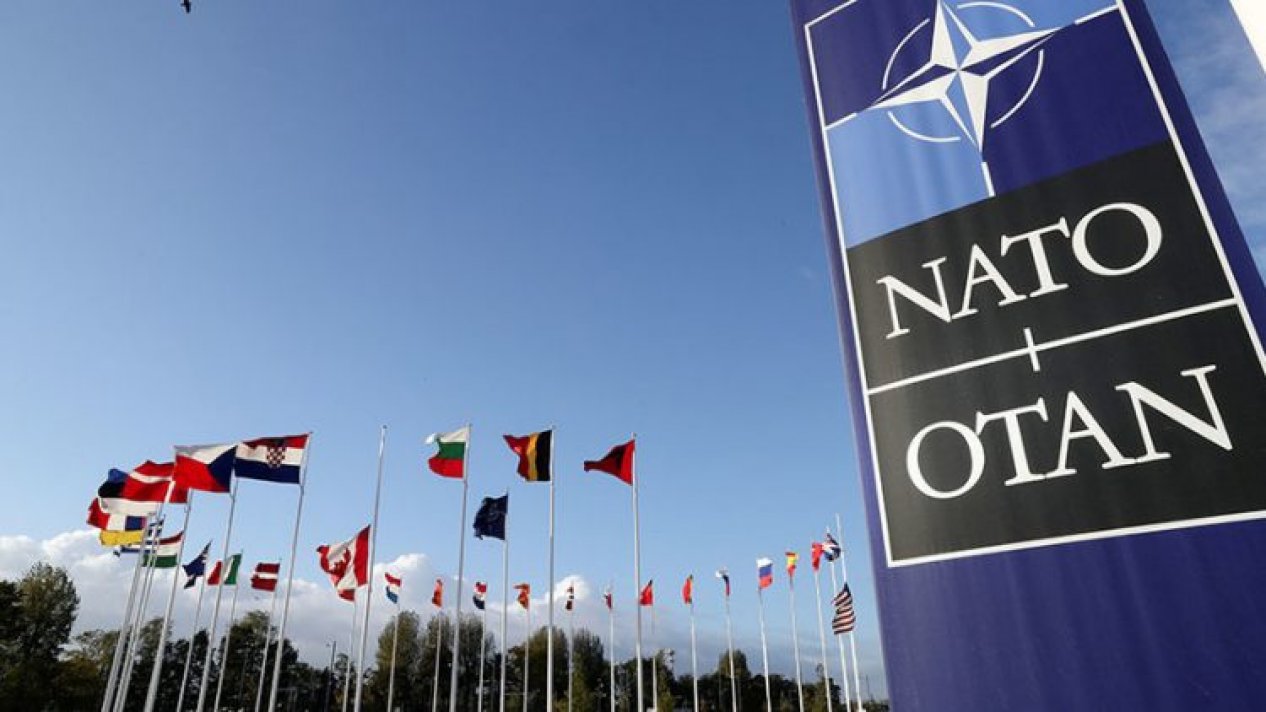
Turkey cannot approve the entry of Finland and Sweden into NATO, since these countries indulge terrorist organizations and impose sanctions against Ankara, Turkish President Recep Tayyip Erdogan said at a joint press conference with his Algerian counterpart Abdelmadjid Tebboune in Ankara.
"We will not say 'yes' to the entry into NATO of those who impose sanctions against Turkey," the Turkish leader said.
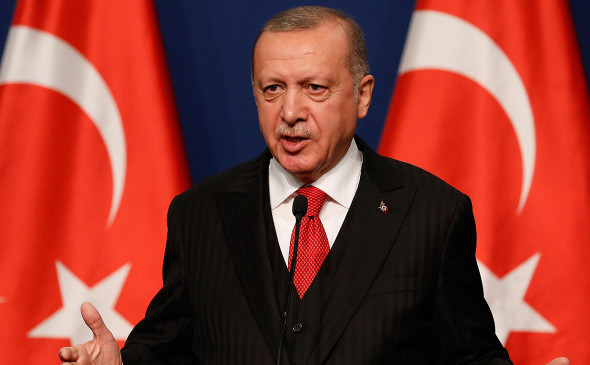
The head of state also noted that none of these countries has a clear and unambiguous position regarding terrorist organizations.
President Erdogan also commented on the intention of the delegations of Sweden and Finland to visit Turkey to discuss their countries' applications for NATO membership. “They are going to convince us? Let them not be offended, but they should not bother themselves,” the Turkish president said.
Turkey accuses the two Scandinavian countries of harboring members of the Kurdistan Workers' Party (PKK), which it considers a terrorist organization, as well as followers of Fethullah Gulen, whom Ankara accuses of masterminding the 2016 coup attempt.
The Erdogan government also promised to block the acceptance of applications for NATO membership from those countries that have imposed sanctions against Turkey.
In 2019, Finland and Sweden imposed an arms embargo on Turkey after Ankara launched hostilities in Syria.
Stockholm and Helsinki on May 18 this year jointly submitted applications to NATO.
Faktyoxla Lab. has tried to figure out what the complexity of the situation is.
Let's start with the fact that a few days ago, many did not fully believe in Turkey's steadfastness on this issue.
For example, NATO Secretary General Jens Stoltenberg expressed confidence that the states of the North Atlantic Alliance would be able to eliminate Turkey's objections regarding the membership of Sweden and Finland. He stated this following an informal meeting of NATO foreign ministers in Berlin on May 15. Ankara "made it clear that their intention is not to block membership," Stoltenberg stressed.
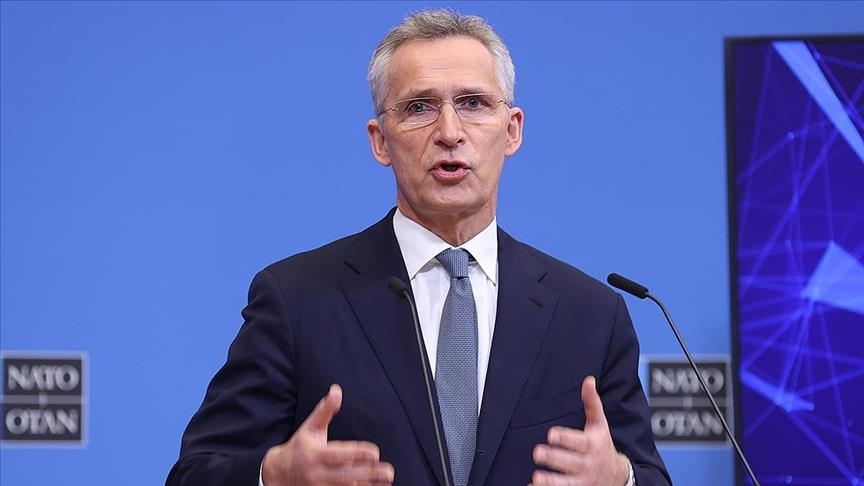
The fact is that the entry of new countries into NATO is possible only with the unanimous consent of all current member states.
The Turkish newspaper Star listed the procedure for joining NATO, which Sweden and Finland need to go through:
- NATO experts and representatives of the invited country conduct negotiations in Brussels on whether the candidate meets the political, legal and military requirements of NATO and whether it can fulfill the economic, military, legal, political and intelligence obligations of membership or whether reforms are needed;
- the invited country sends an official letter of intent to the NATO secretary general and declares that it assumes membership obligations, and if there are reforms, their timetable is indicated in the letter;
-NATO prepares protocols on the accession of a new member to the North Atlantic Treaty, they are signed by the current member countries of the alliance;
-protocols must be ratified by NATO countries in accordance with their internal procedures;
- all NATO countries, after completion of ratification, notify the United States (depository of the North Atlantic Treaty) that they have approved the protocols;
- NATO Secretary General invites a new member to join the alliance;
- the candidate completes own procedures and submits document of accession to the US, becoming a member of NATO.
Meanwhile, Turkish Foreign Minister Mevlut Cavusoglu said on May 14 that the Turkish people oppose the entry of Sweden and Finland into NATO. According to him, Turkish soldiers are now fighting against "Kurdish extremists" who are supported by Stockholm and Helsinki. Ankara considers it unacceptable for future members of the alliance to support the enemies of another member state of the organization. "Turkey does not object to the expansion of NATO, but opposes terrorist-supporting countries," the minister added.
Many Kurdish organizations (for example, the Kurdistan Workers' Party, PKK) are recognized as terrorist not only in Turkey, but also in the West - in the US and the EU. However, some European countries, including Sweden and Finland, are sympathetic towards Kurdish terrorists. The ambivalence of Brussels' position towards the PKK is underlined by the decision of the European Court that the PKK was included in the list of terrorist organizations illegally.
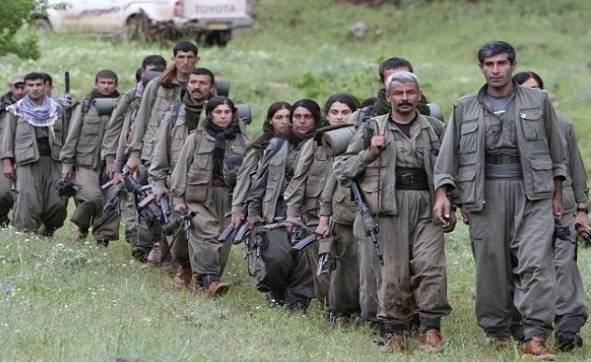
“Previous administrations made the mistake of returning Greece to the military wing of NATO. We don't want to make a second mistake in this regard. The Scandinavian countries have become a second home for PKK and DHKP-C. We cannot look at it positively,” Turkish President Recep Tayyip Erdogan said.
Mevlut Cavusoglu, after talking with his Finnish and Swedish colleagues, noted that if the Finns "are very respectful of our position", then the Swedes were "more provocative." He raised the issue of stopping the supply of military equipment to the Kurds from the northern countries. He also noted that Turkey, at a meeting of the heads of NATO diplomatic departments, brought to the partners' concerns about the ties of Finland and Sweden with the Kurdistan Workers' Party.
Threats are already being heard in the European Parliament against the Turks. Turkey may face isolation in NATO if it blocks Finland and Sweden from joining the alliance, German MEP Manfred Weber, head of the leading European Parliament faction of the European People's Party, said in a conversation with the Funke media group. There is no reason to slow down or block their entry, he said.
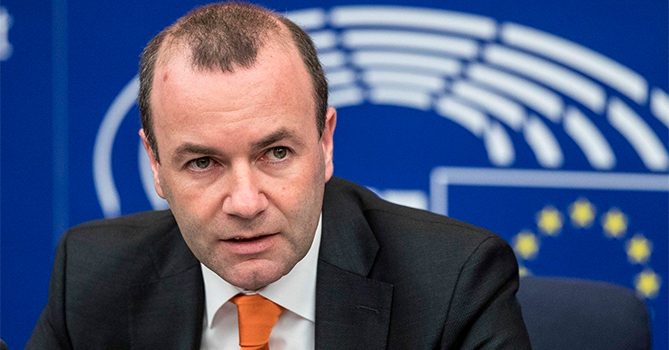
Now the Turkish government wants to seize the moment to get the NATO countries to more strongly condemn the Kurds by members of the alliance or some other dividends, Turkish political scientist Kerim Has told AiF.ru. After all, even one country can block the admission of new members.
“Erdogan will not back down just like that, especially since he also has a trick up his sleeve. For example, Syrian refugees, the political scientist believes. “But Turkey doesn’t have a serious intention to resist expansion, therefore, during the negotiations, having received something from European countries, Ankara will give in.”
Senior Turkish officials told Bloomberg that Turkey has a number of demands in exchange for approving Sweden's and Finland's NATO membership bids.
Ankara is insisting that the new candidates denounce the actions of Kurdish terrorists, both inside and outside Turkey. Although all NATO members recognize the Kurdistan Workers' Party (PKK) as a terrorist organization in Turkey, many of them support and even arm its Syrian wing.
In addition, Turkey wants Sweden and Finland to lift the arms export restrictions they imposed against Ankara in 2019.
The next requirement is the inclusion of Turkey in the program for the supply of the latest F-35 fighters, from which the country was removed after buying S-400 missile defense systems from Russia. Turkey is also raising the issue of acquiring dozens of F-16s military aircraft and upgrade kits for existing fighter jets from the US.
Ankara notes that it now considers it a mistake to agree to the return of Greece to NATO in the 1980s. Athens subsequently became a key obstacle to Turkey's path to EU membership. On this basis, it would be unreasonable to expect Ankara to change course and agree to Sweden and Finland's membership in NATO without first resolving existing disputes, the sources say.
To understand the essence of the problem, one must remember that after a series of assassinations of the leaders of the Kurdish community, behind which the PKK stood, swept through Sweden in 1984, here, under pressure from the then Prime Minister Olof Palme, they started talking about changing the legislation in the field of migration and the fight against terrorism, even expelled eight members of the PKK from the country. In response, this terrorist group sentenced Olof Palme to death.
The head of the Swedish government was shot dead on a street in Stockholm in February 1986. The crime was never solved - two years after the assassination attempt, the police detained a certain Christer Petersen, an unemployed drug addict, but later he was also released due to lack of evidence. The “Kurdish trace” was also considered within the framework of the investigation, but the Swedish justice did not find confirmation of it. The involvement of the PKK in the murder of Palme was remembered only in 1998.
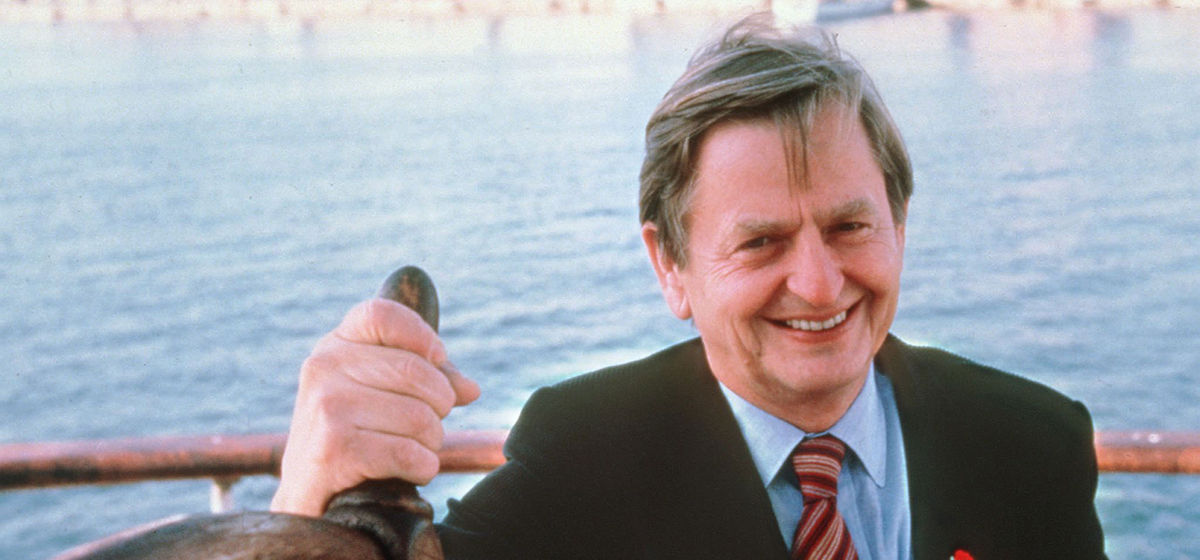
First, Semdin Sakik, who was arrested in Northern Iraq by Turkish special forces, better known as “Parmaksiz Zeki”, told about this, who at that time was considered the second person in the PKK. He noted that the "fundamental decision" was made at a meeting in Damascus, which was attended by PKK leader Ocalan, his entourage, as well as Syrian and Iranian intelligence officers.
PKK militant Hasan Hairi Guler was the one who shot Palme. Five people helped him, including a Syrian diplomat who bore the nickname "Basir" and was present at the meeting in Damascus - it was he who later delivered the murder weapon to Sweden - a Magnum-357 pistol.
Later, Ocalan, the founder and leader of the PKK, spoke about the murder of Olof Palme at the trial, pointing out that his ex-wife Kayseri played a leading role in organizing the attack. In Stockholm, however, they limited themselves to “taking into account” the results of the work of the Turkish special services, and did not officially blame the PKK for the murder of their prime minister.
Paradoxical as it may seem, the other day a meeting was held in Sweden, organized by the so-called Syrian Democratic Council (SDC) is one of the terrorist offshoots of the PKK in Syria.
According to reports on websites affiliated with the YPG/PKK, a gathering called "Third Consultation Forum" was held in Stockholm under the auspices of the Swedish Foreign Ministry and the Olof Palme Center (!?-ed.).
Members of the YPG/PKK, as well as representatives of the US and Italian foreign ministries attended the meeting online.
The program of the meeting states that "proposals for successful decentralization were discussed" in the areas occupied by the terrorist organization YPG/PKK in Syria.
The last time a similar meeting was also held in Stockholm in April this year.
According to Turkish government officials, Ankara has repeatedly warned Stockholm about the inadmissibility of providing a venue for such gatherings, but the Swedish authorities have not taken the necessary steps.
But be that as it may, the fight against terrorism too often puts the authorities of European countries in front of complex “political issues.”
It is unlikely that the granting of refugee status to Kurdish terrorists is explained by “liberalism”, “humanism”, etc., it is most directly related to the unwillingness of European politicians to admit Turkey to EU membership. In order to repeatedly rejecting Ankara's application, “plausible pretexts” are constantly invented, most often Turkey is criticized for “non-observance of human rights.”
But since it is not easy to find persons persecuted by the Turkish authorities for political reasons, and it is inconvenient and undignified to make unfounded accusations, terrorists are presented as “political prisoners.”




















